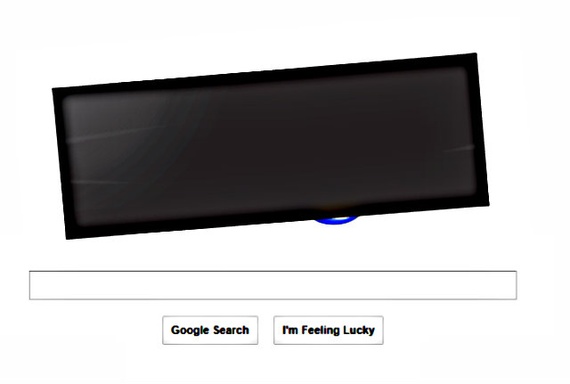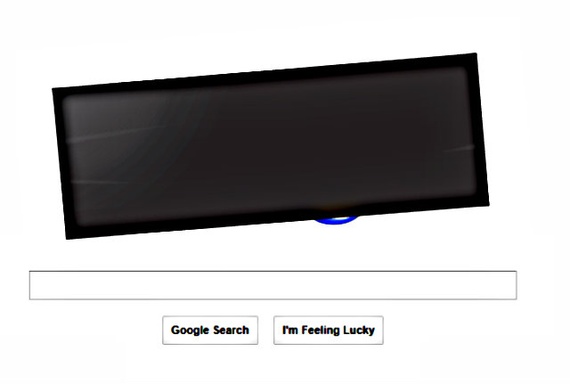
The internet is a constantly evolving experience, and quite often when you are in the middle of a movement you really aren’t able to keep up with how things are changing so quickly. Such is the case with our digital age. This article from The Atlantic does a great job explaining the world we live in today, and what is in store for our future on the internet. – JLW
Two beliefs safely inhabit the canon of contemporary thinking about journalism. The first is that the Internet is the most powerful force disrupting the news media. The second is that the Internet and the communication and information tools it has spawned—like YouTube, Twitter, or Facebook—are shifting power from governments to civil society and to individual bloggers, netizens, or citizen journalists.
It is hard to disagree with these two beliefs. Yet they obscure evidence that governments are having as much success as the Internet in disrupting independent media and determining what information reaches society. Moreover, in many poor countries or in those with autocratic regimes, government actions are more important than the Internet in defining how information is produced and consumed, and by whom.
Illustrating these points is a curious paradox: Censorship is flourishing in the information age. In theory, new technologies make it more difficult, and ultimately impossible, for governments to control the flow of information. Some have argued that the birth of the Internet foreshadowed the death of censorship. In 1993, John Gilmore, an Internet pioneer, told Time, “The Net interprets censorship as damage and routes around it.”
